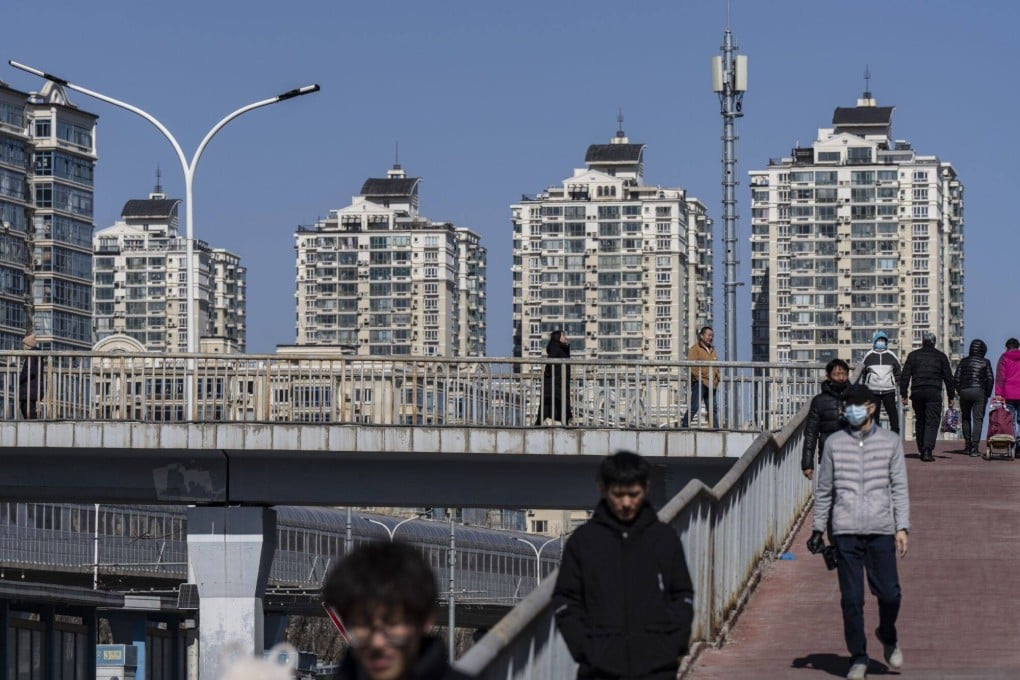Advertisement
China ready to let some troubled property firms go bust: housing minister
- Ni Hong says authorities have the arduous task of stabilising the crisis-hit real estate industry this year
- Companies that are insolvent or can’t operate must fold or be restructured, Ni says
Reading Time:2 minutes
Why you can trust SCMP
16

Beijing will strive to stabilise China’s property market in the midst of a debt crisis and “systemic risks”, while allowing some troubled real estate developers to go bankrupt or be restructured, the country’s housing minister said on Saturday.
On the sidelines of the National People’s Congress, Housing and Urban-Rural Development Minister Ni Hong pointed to further problems ahead as the country struggles to contain the deepening property sector crisis, among other economic woes.
“The task of stabilising the market remains arduous,” Ni said, while insisting that Beijing had maintained its “bottom line” of avoiding “systemic risks” in the sector through boosts to home sales and added liquidity for debt-laden developers.
Advertisement
China’s property sector has been grappling with a liquidity crisis since mid-2021, with major developers defaulting on or delaying debt payments following a regulatory crackdown on high leverage.
Industry giant China Evergrande Group was wound up in January and competitor Country Garden Holdings is facing a liquidation petition in Hong Kong.
Advertisement
Advertisement
Select Voice
Select Speed
1.00x
